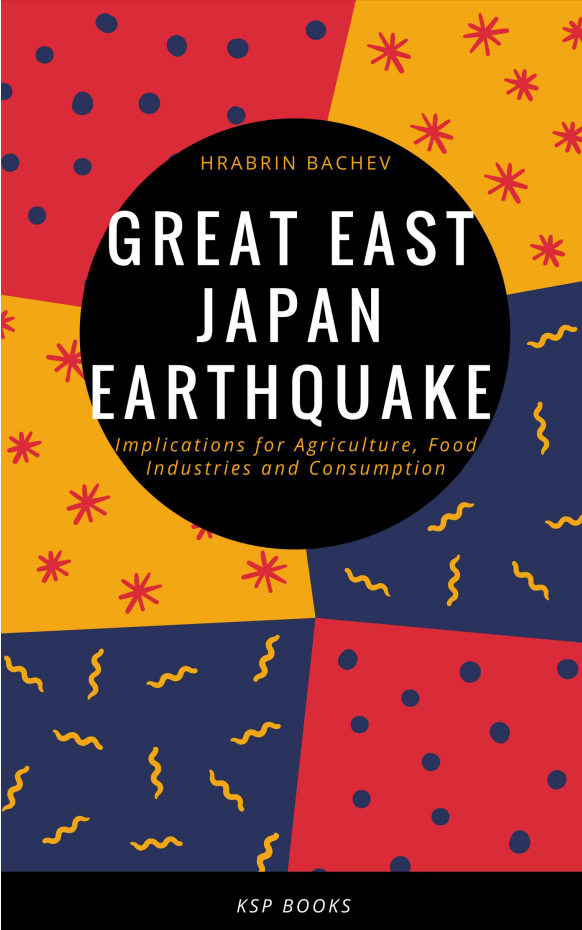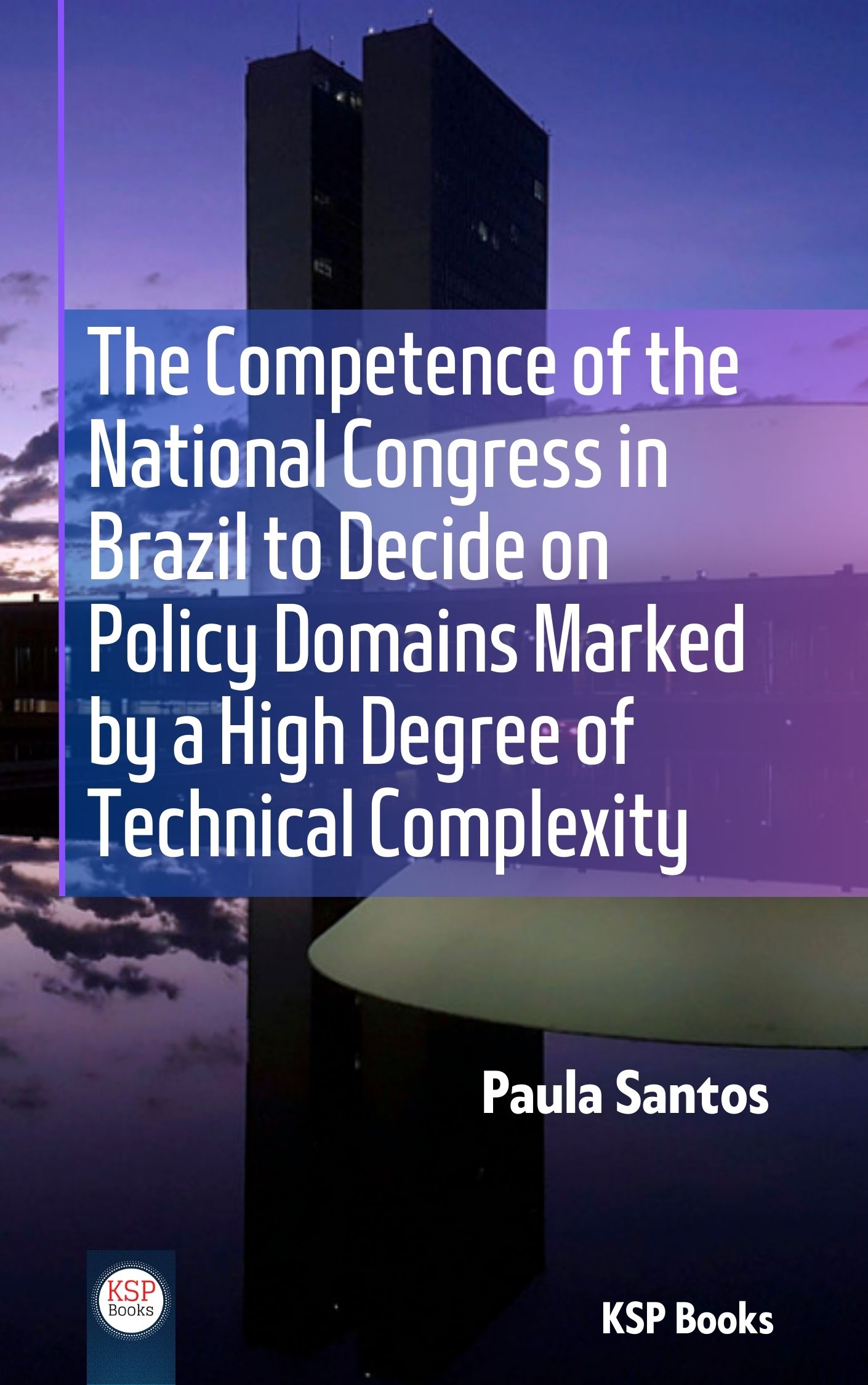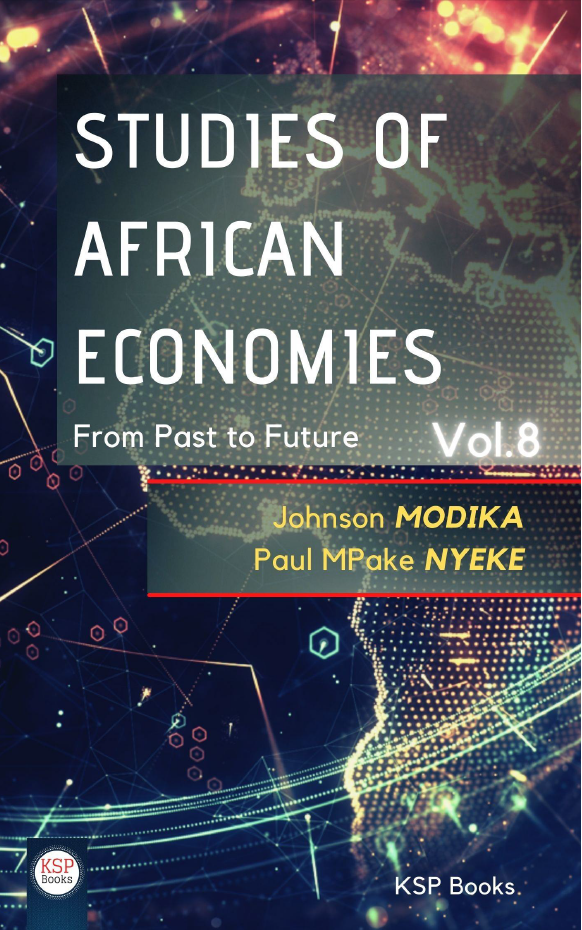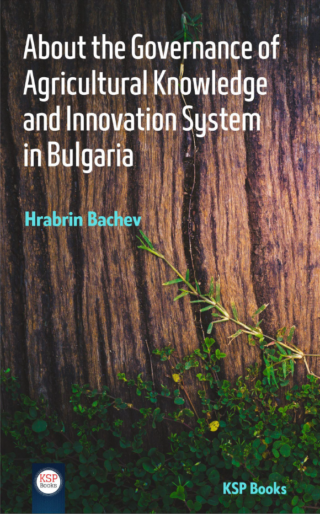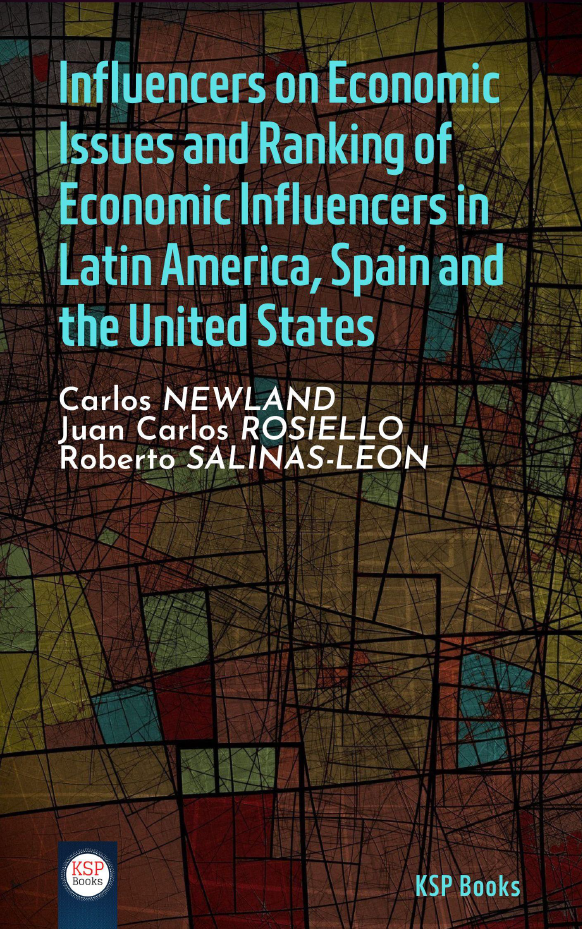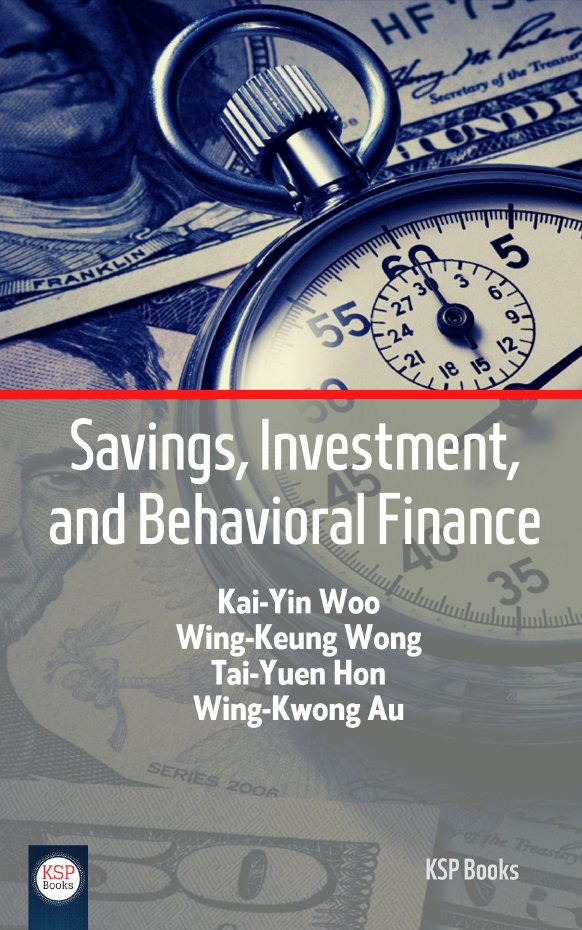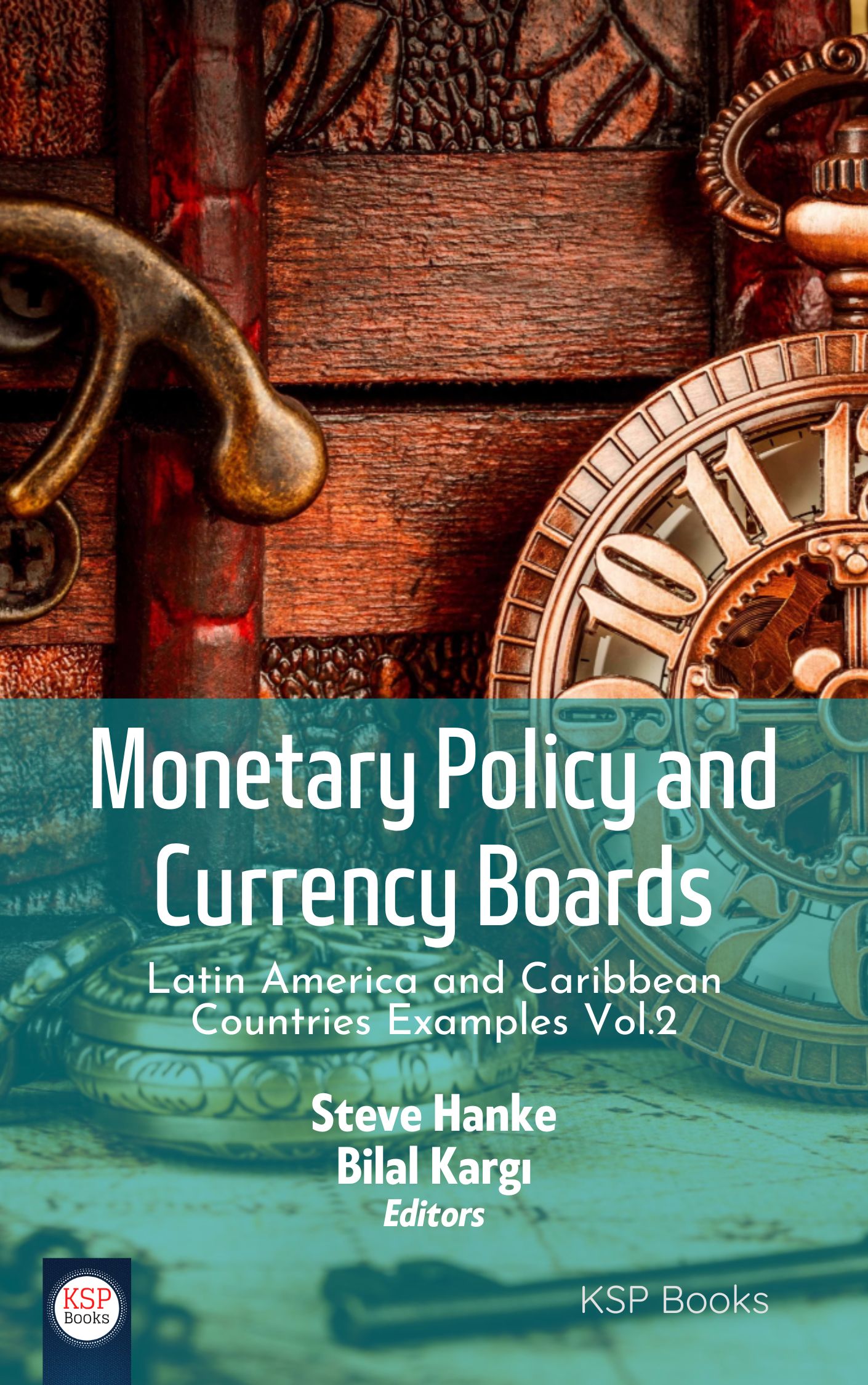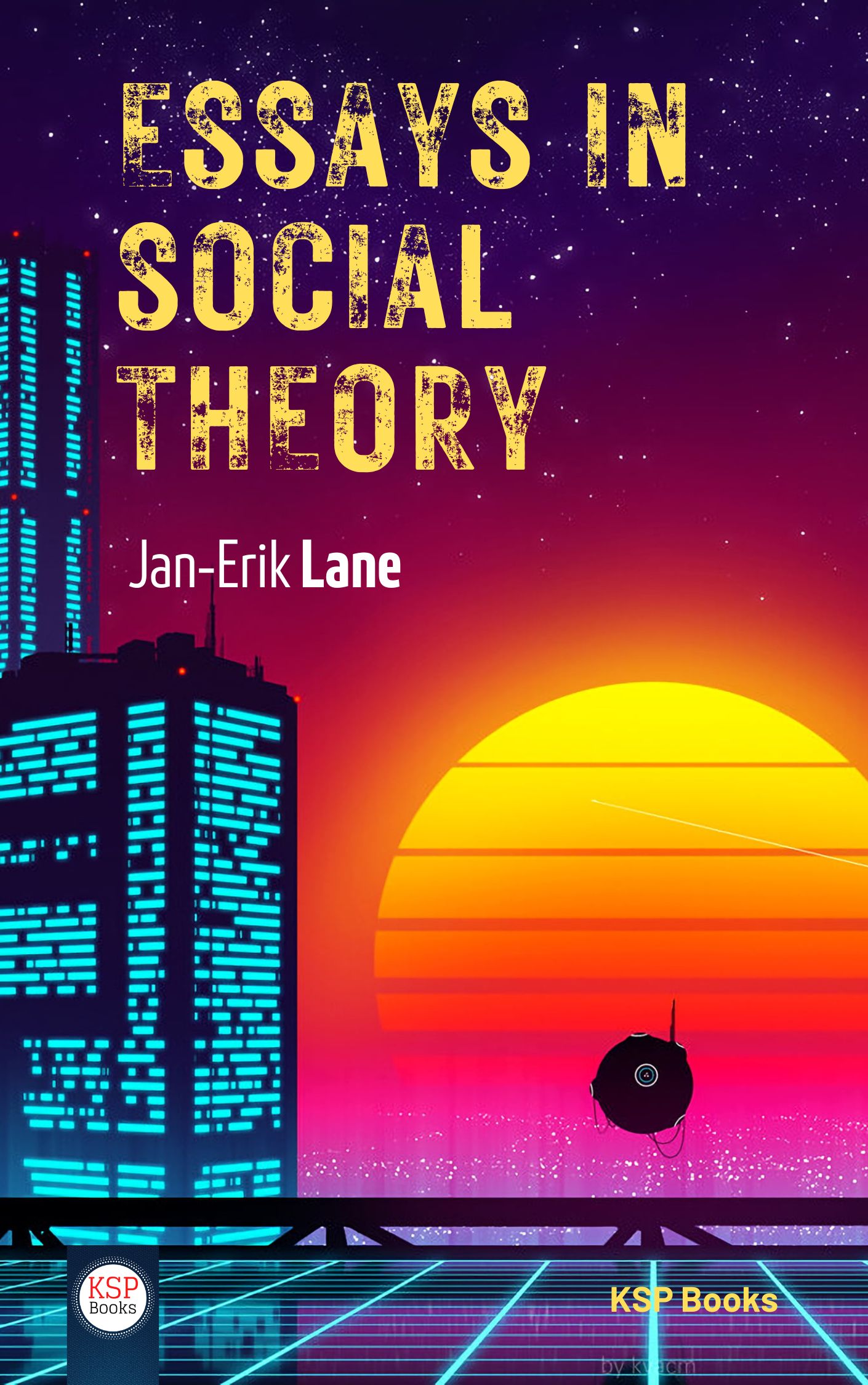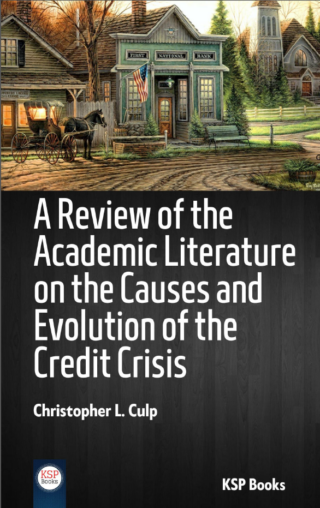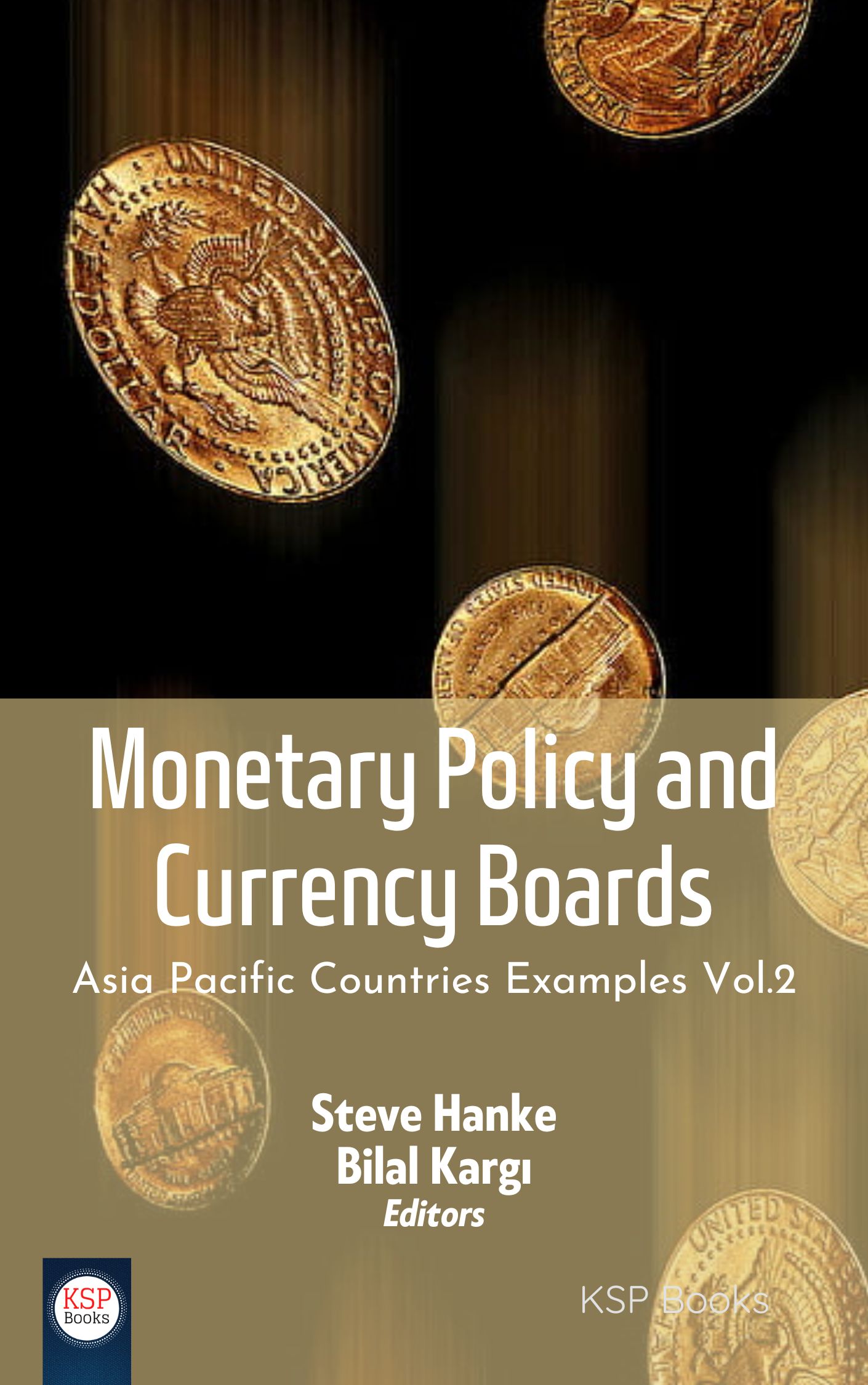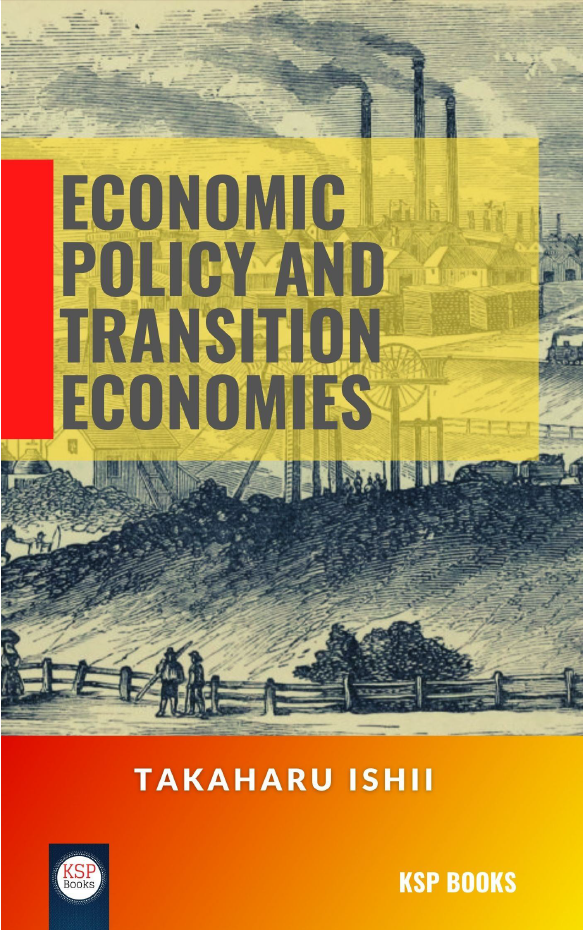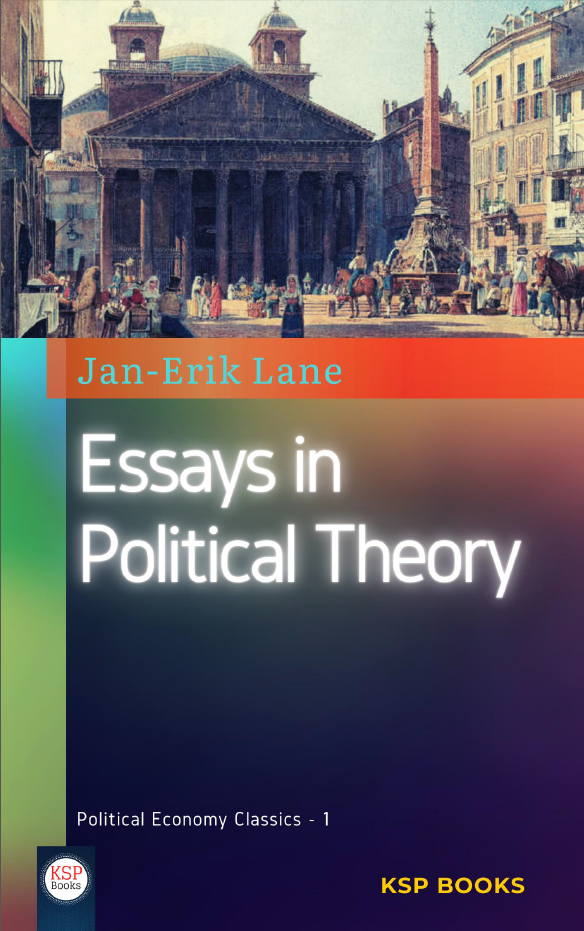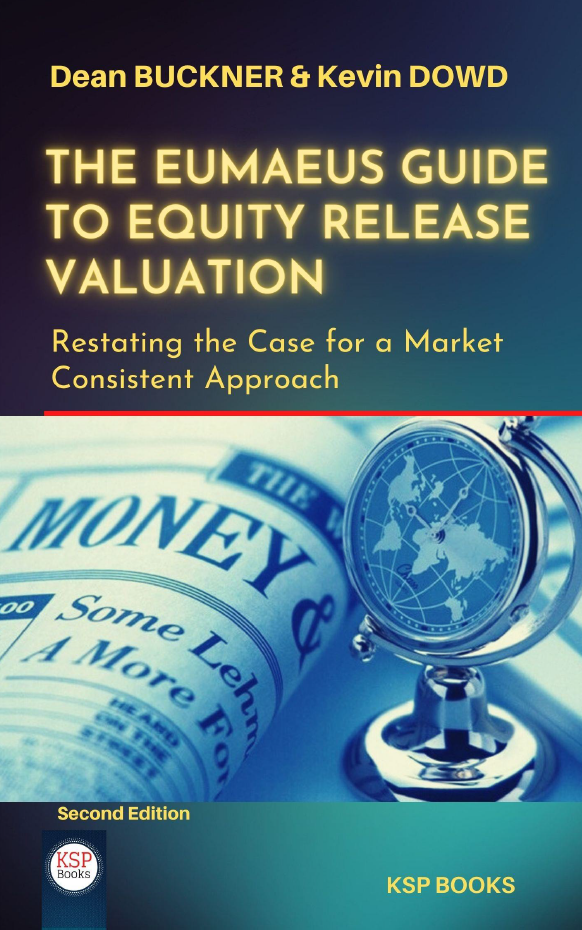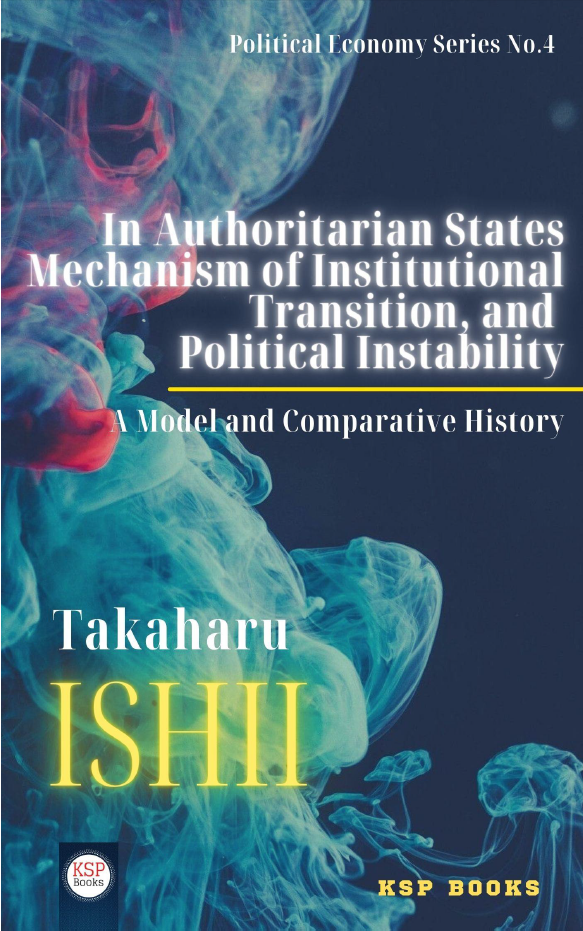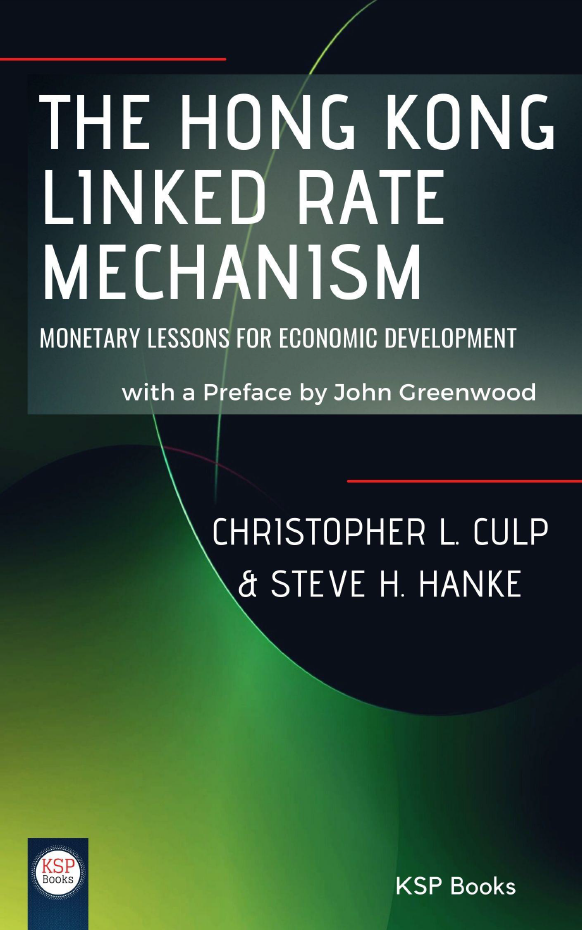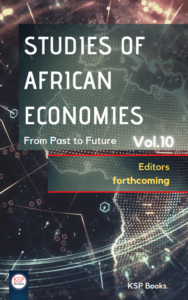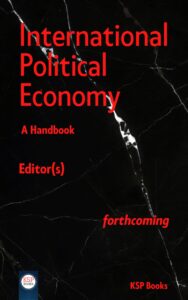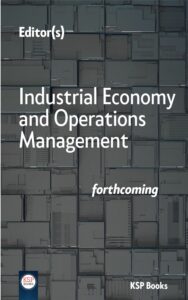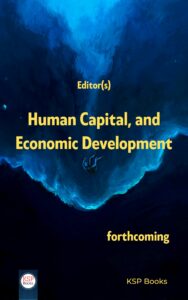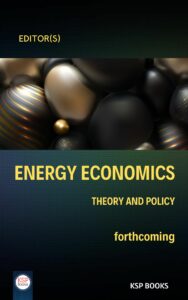By
Hrabrin Bachev
Institute of Agricultural Economics, Bulgaria
e-ISBN: 978-605-2132-48-7
Publishing Date: July 15, 2018
File Size: 17,660 MB
Length: xii + 339 pages (PDF)
Language: English
Dimensions: 13,5 x 21,5 cm
 This Book is completely open access. You can freely read, download and share with everyone.
This Book is completely open access. You can freely read, download and share with everyone. 
On March 11, 2011 the strongest ever recorded in Japan earthquake occurred which triggered a powerful tsunami and caused a nuclear accident in one of the world’s largest nuclear plant stations. The triple disaster has been having immense impacts on people’s life, health and property, social infrastructure, economy, policies, natural and institutional environment, etc. in the affected regions, Japan, and beyond. This book tries to make a comprehensive assessment on the multiple impacts of the March 2011 Great East Japan Earthquake, tsunami and Fukushima nuclear accident on the Japanese agriculture and food sector. It identifies and evaluates radiation, displacement, health, physiological, production, economic, technological, organizational, environmental, institutional, political, etc. impacts of the disasters in all stages (inputs supply, farming, storage, wholesaling, transportation, processing, distribution, retailing, consumption) and components (natural resources, labor, biological and material assets, intangibles, technology, production structure, finance, waste disposal, information, management) of agri-food chain, and temporal (immediate, short-term, long-term) and spacial (local, regional, national, trans-national) scales. It summarizes responses of individuals, households, farms, businesses, communities, consumers, stakeholders, and authorities as well as assesses the progress and challenges in the post-disaster recovery and reconstruction. The book withdraws lessons from the Japanese experiences and suggests recommendations for effective risk management in Japan and around the globe. The study is based on a wide range of information from governmental, academic, farmers, industry, international, etc. organizations, media, experts assessments and in-deep interviews with leading experts, stakeholders, and affected agents. Findings are presented in a popular way in order to reach a larger audience of researchers, educators, students, experts, farmers, businessmen, administrators, policy makers, professionals, non-governmental and international organizations, consumers, victims, and public at large.
Introduction
Part 1. Overall impacts of March 2011 triple disaster
Chapter 1. Description of events
Chapter 2. Human damages and health effects
Chapter 3. Evacuation and migration
Chapter 4. Economic damages and impacts
Chapter 5. Environmental impact
Part 2. Impacts on agri-food organizations, products, markets and regulations
Chapter 6. Affected farms and agricultural resources
Chapter 7. State of restoration of agricultural organizations, lands, and infrastructure
Chapter 8. Impact on food industries
Chapter 9. Radioactive contamination of agri-food products
Chapter 10. Effects on markets, consumers and international trade
Chapter 11. Effects on food regulation and inspection system
Chapter 12. Farms and agri-businesses damages from nuclear accident
Part 3. Impact on agri-food production, distribution and Consumption
Chapter 13. Impact on farms number, farmland use, and agricultural employment
Chapter 14. Impact on agricultural productions
Chapter 15. Impact on agricultural output and income Impact on farm economy
Chapter 16. Impact on farm economy
Chapter 17. Expert assessments on impacts and factors of March 2011 disasters
Conclusion
References
Hrabrin Bachev
Institute of Agricultural Economics, Bulgaria
Ph.D in Economics, Agricultural Academy, Sofia. M.Sc in Agricultural and Industrial Economics, University of Economics, Sofia. Researcher and teaching at University of Missouri, Columbia, USA; University of Toronto, Toronto, Canada; Kyoto University, Kyoto, Japan; Tohoku University, Sendai, Japan; Kyushu University, Fukuoka, Japan, National Agriculture Research Center, Tsukuba, Japan; Birkbeck College of London University, London, United Kingdom; Catholic University of Louvain, Leuvain-la-Neuve, Belgium; INRA, Montpellier, France; Central European University, Budapest, Hungary. More than 300 academic papers, contributions to books and books in 40 countries of Europe, North America and Asia. Incorporating the new developing interdisciplinary New Institutional and Transaction Cost Economics (combining Economics, Organization, Law, Sociology, Political and Behavioral Sciences) into agrarian and food sector to analyze diverse modes of governance (market, private, public, hybrid, formal, informal, local, regional, transnational), and factors and prospects of institutional and organizational modernization in agri-food sector. Recent research focusing on governance and assessment of agrarian and rural sustainability; analysis of agrarian and rural institutions, organizations and contracts; environmental and risk governance, food security and food chain management; assessment of impacts of EU and national policies and programs; management and agrarian research and innovation, etc. Extensive consultancy and contribution to a great number of policy assistance projects carried out by the Government, UN FAO, EU, OECD, NATO, WB, IIED etc. Co-founder, and the first Executive Secretary and Vice-President of the Bulgarian Association of Agricultural Economists, MC member of COST IS1001 Bio-objects, and a member of the European Association of Agricultural Economists, and International Association of Agricultural Economics.
Related EconPedia Items


